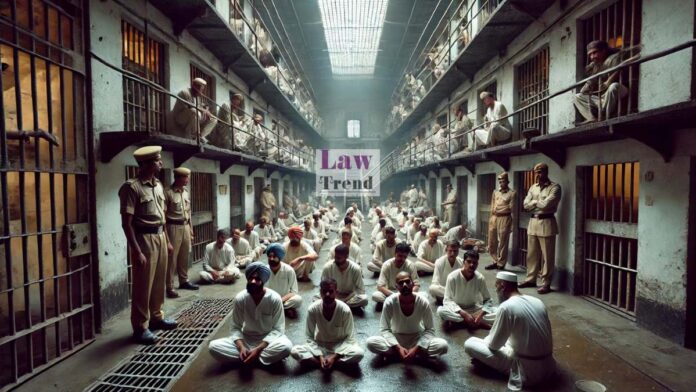In a landmark judgment, the Madras High Court condemned the alleged mistreatment of prisoners within the Central Prison, Vellore. The court ruled that prisoners must not be treated as slaves, emphasizing that “any kind of torture to any fellow human being should be shunned.” The decision was delivered by a division bench comprising Justice S.M.
To Read More Please Subscribe to VIP Membership for Unlimited Access to All the Articles, Download Available Copies of Judgments/Order, Acess to Central/State Bare Acts, Advertisement Free Content, Access to More than 4000 Legal Drafts( Readymade Editable Formats of Suits, Petitions, Writs, Legal Notices, Divorce Petitions, 138 Notices, Bail Applications etc.) in Hindi and English.




